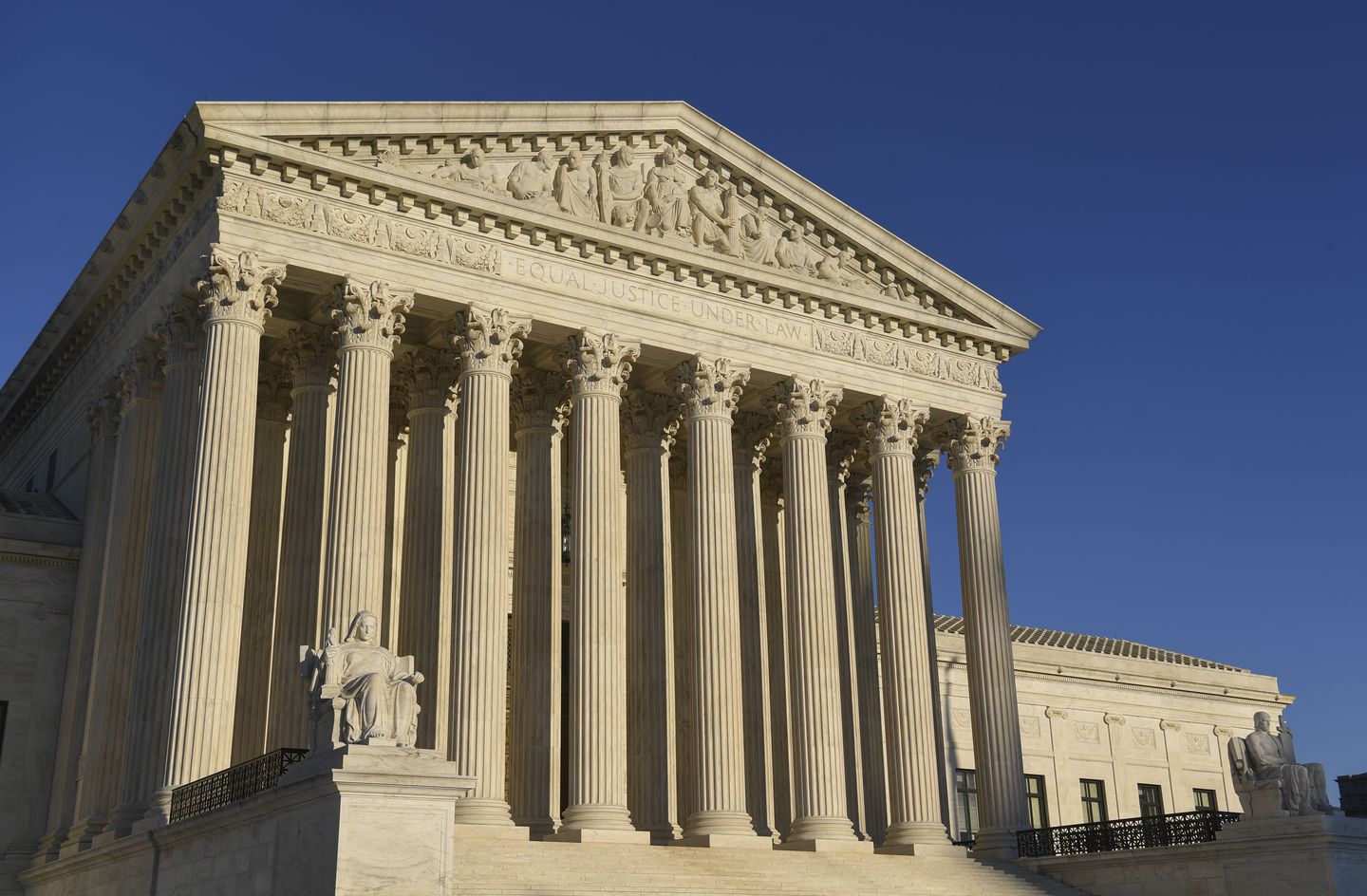By: October 22, 2019
As the 2020 election comes into sharper focus, one issue that seems to animate both sides — the Supreme Court — is once again taking center stage.
In 2016, Republicans swept Donald Trump into office largely on the promise of nominating conservative-originalist justices. Exit polls showed that 26 percent of Republicans voted for Trump because of the high court, their faith perhaps rooted in a shortlist of potential nominees Trump had proffered during the campaign.
The list had caused some controversy because the staunchly conservative Federalist Society and Heritage Foundation had both helped compile it. But the outsourcing was hardly surprising for a future president who had no ideological anchor or moral compass, not to mention any familiarity with the judiciary or its constitutional underpinnings.
Trump continued to receive guidance after his election and ultimately nominated Justices Neil M. Gorsuch and Brett M. Kavanaugh, the latter of whom Senate Judiciary Committee Chairman Charles E. Grassley (R-Iowa) called “the most qualified nominee in our nation’s history.”
Now, a new shortlist has emerged, this time from a liberal group called Demand Justice. Apparently seeing the influence of the Federalist Society — and the election that resulted — the group has compiled its own list of suggested nominees to pressure Democratic candidates into releasing their own, thus giving primary voters a sense of their commitment to progressive principles. The banner leading the liberal organization’s website direly declares that the Supreme Court “has been hijacked, democracy is at stake, and it’s time for progressives to fight back.”
Such hysterical claims seem misplaced in light of a new Marquette University Law School study, which found that the judiciary is the most trusted of the three branches of government — by a large margin. The study also found that those who pay greater attention to current events have more confidence in the high court, as do those more familiar with the Supreme Court and its justices.
Not surprisingly, the Marquette poll also showed that highly partisan respondents see the court as either too liberal or too conservative. But between the extremes, Americans are comfortable with the court’s more-or-less even makeup. Nearly two-thirds of those polled said the Supreme Court justices base their decisions on the law rather than politics. To that description, I would add “facts.” The facts of a given case guide a judge’s deliberations and conclusions.
The poll also asked whether the number of justices on the high court should be increased, as some Democratic candidates have suggested, obviously to outweigh the influence of the current conservative majority. Fifty-seven percent of respondents were opposed.
This past July, opposition to “court packing” was articulated by none other than progressive heroine Justice Ruth Bader Ginsburg. During an interview with NPR, she said that increasing the number of justices would be damaging to the court and the country.
“If anything would make the court look partisan,” she said, “it would be that — one side saying, ‘when we’re in power, we’re going to enlarge the number of judges, so we would have more people who would vote the way we want them to.’ ”
Ginsburg’s comments speak to the importance of an independent judiciary, which, in the Supreme Court’s case, is further safeguarded by the justices’ lifetime tenures and the fact that Congress can’t reduce their salaries, potentially in retaliation for a ruling it doesn’t like. These protections are enshrined in the Constitution.
Nevertheless, the Marquette study found that 72 percent of respondents prefer term limits to lifetime appointments. Any such change would require a constitutional amendment, which doesn’t worry Ginsburg. During the same interview, she said: “Our Constitution is powerfully hard to amend.” Indeed, an amendment would require the approval of two-thirds of the Senate and House and three-fourths of state legislatures.
Given the relatively high level of trust in the Supreme Court — and the majority view that the court rules by law rather than by politics — Demand Justice’s shortlist seems way off base. Only eight of the 32 people listed are currently judges, and the group opposes nominees with any corporate experience. The list is heavy with activists — public defenders, public-interest lawyers, academics and plaintiff lawyers.
Here’s the problem: When people have a judicial background, there’s a record by which to judge their philosophy and judicial temperament, roughly defined as respect for the law, for other judges and for the litigants. And while the folks at Demand Justice don’t seem to share these concerns, they’re right to want to see the Democratic candidates’ lists. One would hope the Democratic nominee would favor experienced judges whose records can be assessed — and whose philosophy closely reflects the wisdom of the notorious RBG.
To see this article, others by Ms. Parker, and from the Washington Post, click read more.
![]()
Source: People still trust the Supreme Court. Democrats, don’t mess that up. – The Washington Post
 Listen Online
Listen Online Watch Online
Watch Online Find a Station in Your Area
Find a Station in Your Area









 Listen Now
Listen Now Watch Online
Watch Online
